Decluttering your home can feel overwhelming, but it’s one of the most rewarding ways to refresh your space. A clutter-free home creates clarity, reduces stress, and makes everyday life more manageable. The key is letting go of what no longer serves you. This list of 50 items will guide you through the process to declutter step by step, so you can reclaim your space and your peace of mind.
1. Expired Medications

Expired medications don’t just take up space—they can also be dangerous if consumed. Check your medicine cabinet for pills, syrups, and creams that have passed their expiration dates. Many pharmacies and health centers offer safe disposal services for these items. By clearing out outdated medications, you make room for the essentials and ensure your home stays safe.
2. Old Magazines and Newspapers

Stacks of magazines and newspapers can quickly accumulate, making your home feel crowded. If you haven’t touched them in months, it’s time to recycle. Instead of holding onto them, consider scanning any articles or recipes you want to save and storing them digitally. Going forward, limit the number of subscriptions you keep to prevent future clutter.
3. Unmatched Socks

A drawer full of single socks is a universal problem, but there’s no need to hold onto them forever. Match what you can and repurpose the rest as cleaning cloths. If you can’t find a use, it’s time to let them go. Keeping only pairs that you wear regularly makes your sock drawer easier to manage.
4. Broken Electronics

Old electronics like phones, chargers, or headphones that no longer work shouldn’t take up space in your home. Gather all broken devices and find a local electronics recycling program. Many organizations even offer trade-in deals for newer gadgets. By clearing out these items, you’ll not only declutter but also support environmental sustainability.
5. Excess Coffee Mugs

While coffee mugs can have sentimental value, it’s easy to end up with far more than you need. Take a hard look at your collection and keep only the ones you truly love and use. Donate the rest to thrift stores or shelters, where they can be appreciated by others. This simple change can free up much-needed cabinet space.
6. Worn-Out Shoes

Shoes that are falling apart or no longer comfortable to wear should be the first to go. Sort through your shoe collection and donate pairs in good condition to charity. Shoes that are too damaged can often be recycled. By letting go of worn-out pairs, you’ll make room for footwear that fits your lifestyle.
7. Forgotten Kitchen Gadgets

We’ve all bought kitchen gadgets we thought we’d use, only for them to sit in a drawer. If you haven’t touched that juicer or egg slicer in over a year, it’s time to move on. Donate them to someone who will put them to good use. A streamlined kitchen makes cooking more enjoyable.
8. Old Makeup

Makeup has a shelf life, and using expired products can cause skin irritation or infections. Go through your collection and toss anything dried out, broken, or older than its recommended usage period. Once you’ve decluttered, you’ll find it easier to access your go-to items and maintain a healthier routine.
9. Books You’ll Never Read Again

Books can be hard to part with, but keeping ones you’ll never reread creates unnecessary bulk. Donate novels you’ve finished or textbooks you no longer need to libraries or charities. This will not only create space but also give others the opportunity to enjoy those books.
10. Unused Sporting Equipment

Sporting equipment like tennis rackets or yoga mats often sit untouched for years. If you’re not using them, consider donating or selling them. Clearing out unused equipment will free up your garage or storage space for items you truly need.
11. Outdated Calendars and Planners

Once a year ends, there’s no practical reason to keep old calendars or planners. Recycle these items unless they hold significant sentimental value. Transitioning to digital planning tools can help reduce clutter in the future.
12. Expired Pantry Items

Pantries can quickly become a graveyard for expired spices, sauces, and canned goods. Go through everything and toss anything past its expiration date. Organize the rest so you can see what you have and avoid buying duplicates.
13. Tangled Cords and Cables

Cords for old devices or unidentified cables are a common source of clutter. Sort through your collection and keep only the ones you actually use. Labeling cords can help you avoid confusion and keep things organized in the future.
14. Clothing That Doesn’t Fit
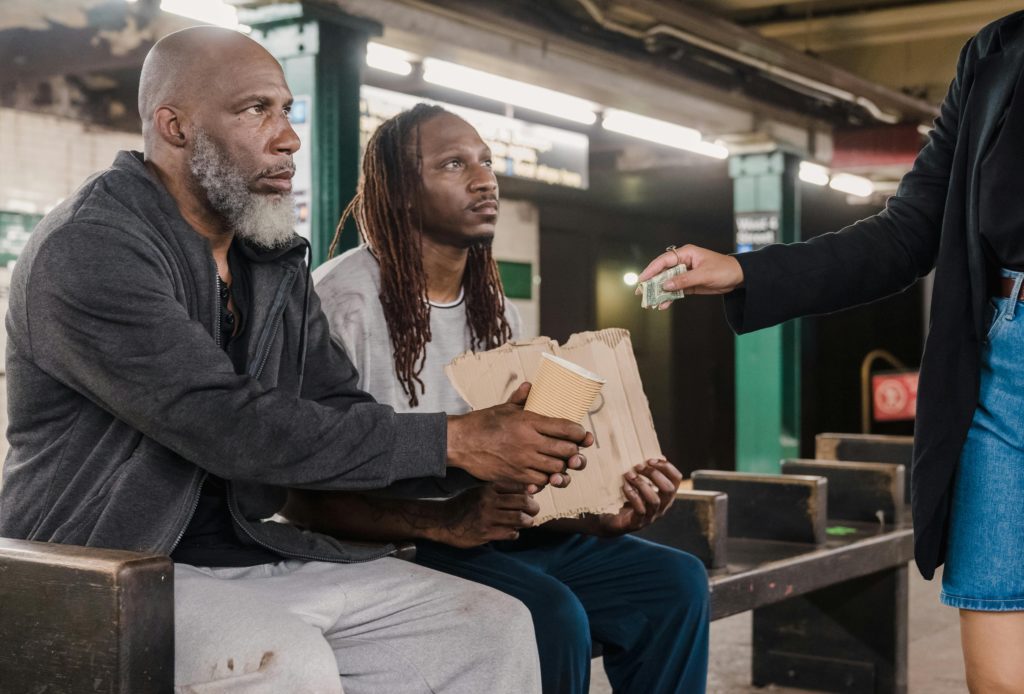
If a piece of clothing hasn’t fit in over a year, it’s time to let it go. Donating these items can give someone else the chance to enjoy them. Focus on keeping clothes that make you feel confident and comfortable.
15. Greeting Cards You Don’t Cherish
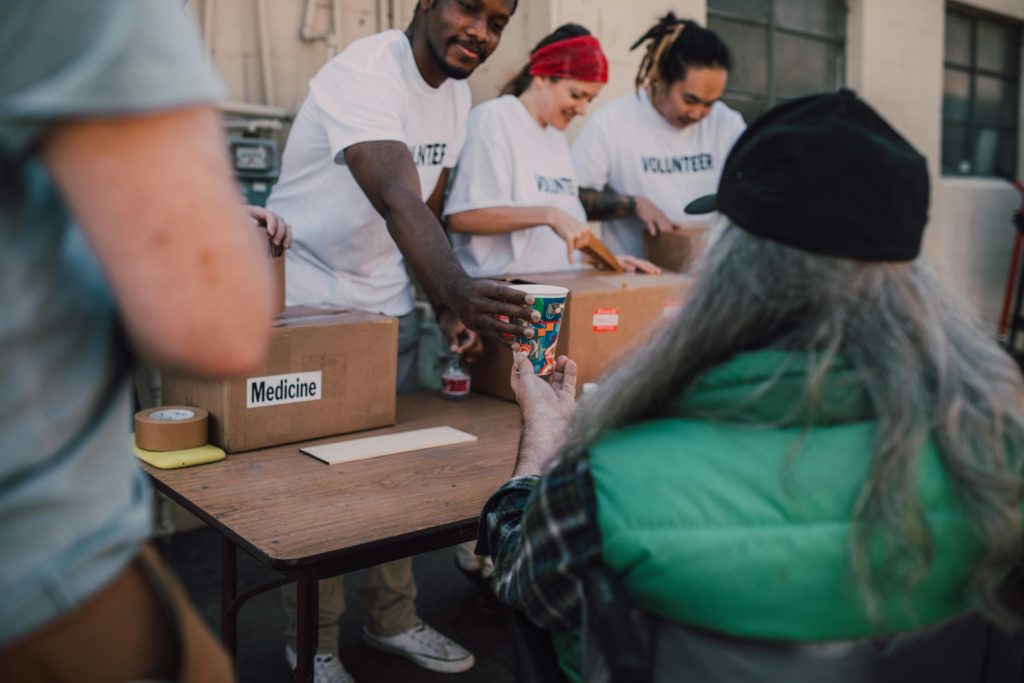
While some cards hold sentimental value, not every greeting card needs to be kept. Sort through your collection and recycle generic ones. Keep only those that have special messages or memories attached to them.
Read More: How to Clean Your Shower Curtain With Ease
16. Expired Coupons and Gift Cards
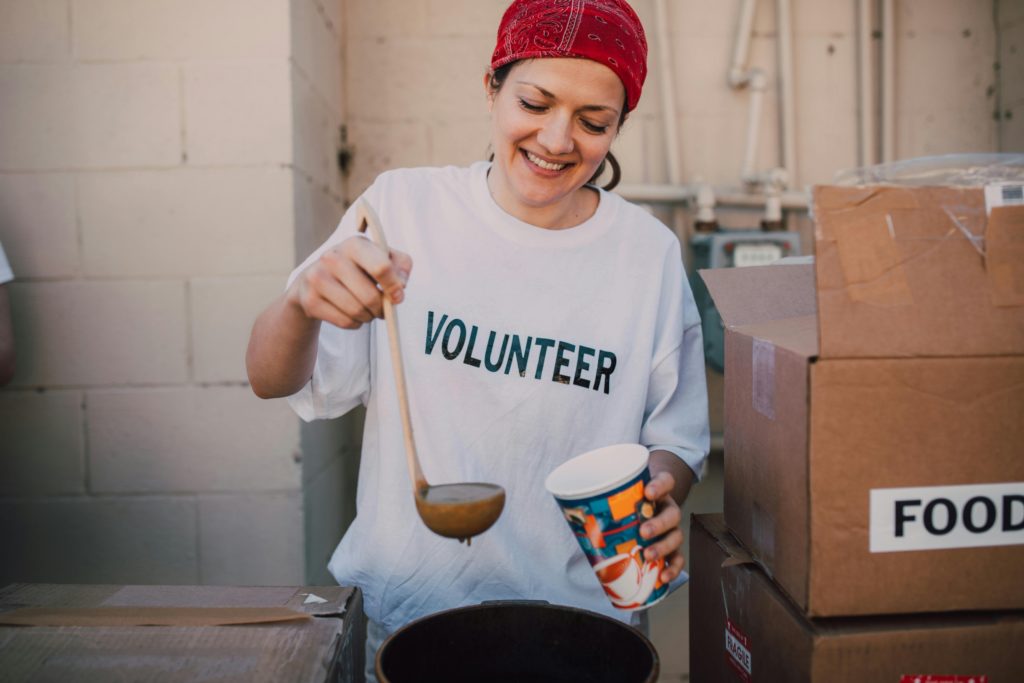
Expired coupons and empty or unused gift cards can create unnecessary clutter in your drawers or wallet. Go through them carefully and discard anything that’s no longer valid. For gift cards with small balances, consider using them up on your next purchase to get them out of the way. Keep future coupons organized in one spot to prevent a repeat of this problem.
17. Duplicates in the Kitchen

Do you really need three potato peelers or five spatulas? Kitchen drawers are prime real estate, so duplicates should be the first to go. Keep only the highest quality or most-used items, and donate the rest. By streamlining your kitchen tools, you’ll create a more functional and enjoyable cooking space.
18. Broken Jewelry
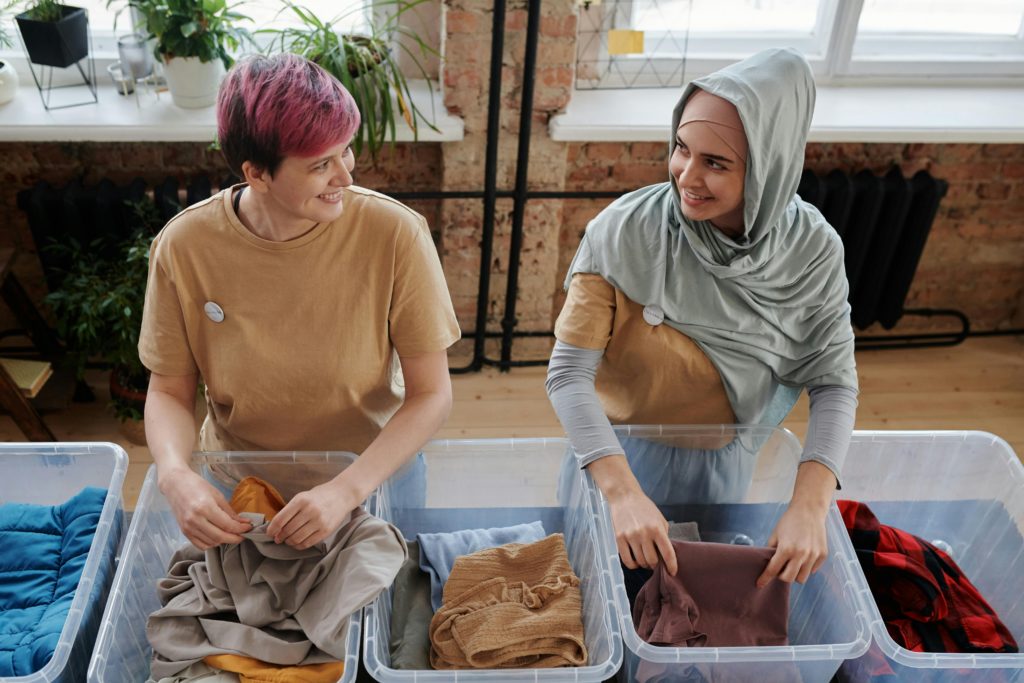
Jewelry that’s broken and beyond repair only takes up space and collects dust. Go through your collection and separate items that can be fixed from those that are no longer usable. Consider selling broken pieces with valuable materials or donating costume jewelry to craft groups.
19. Old Towels and Linens

Towels with holes or sheets that have lost their softness often linger in closets longer than they should. Repurpose old linens as cleaning rags or donate them to animal shelters. Keep only a manageable number of towels and bedding that are in good condition and used regularly.
20. Toys Your Kids Have Outgrown

Children quickly grow out of toys, leaving piles of unused items behind. Sort through your children’s toys and involve them in donating ones they no longer play with. Many charities and shelters accept gently used toys, ensuring they’ll bring joy to another child.
21. Takeout Menus

With the internet at your fingertips, there’s no need to keep paper takeout menus anymore. Recycle the old ones you’ve been hoarding and save your favorite restaurants’ details digitally. This simple step can free up an entire drawer or countertop.
22. Unused Wedding or Party Favors

Party favors can feel too sentimental to toss, but if they’re sitting unused in a drawer, it’s time to say goodbye. Keep one or two if they hold memories, but donate the rest. Clearing these out will help you focus on more meaningful keepsakes.
23. Old Holiday Decorations

Holiday decorations tend to accumulate over the years, even when some are broken or outdated. Go through your collection and toss anything damaged or that no longer fits your style. Donate gently used items, and keep only those that bring joy during the festive season.
24. Expired Cleaning Supplies
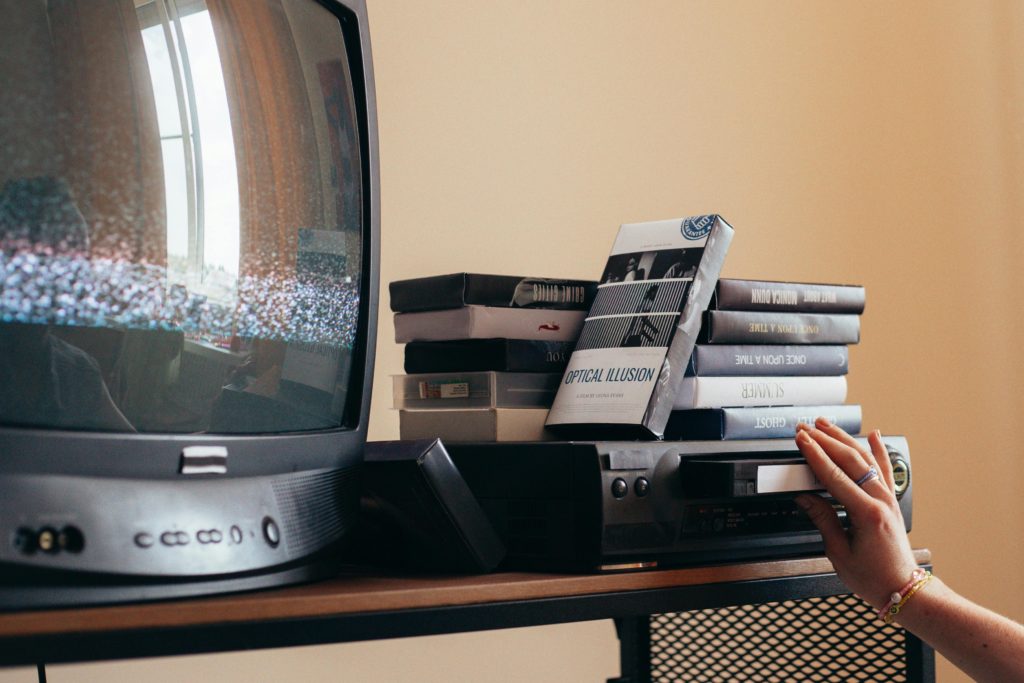
Cleaning products that have expired or lost effectiveness only add clutter to your storage areas. Check expiration dates and discard old products responsibly. Restock with multi-purpose cleaners to save both space and money in the future.
25. Freebies You Don’t Use

Promotional items like free water bottles, notepads, or pens often pile up unnoticed. If you don’t use them, they’re just taking up valuable space. Donate useful items or recycle the rest. Be selective about accepting freebies in the future to avoid new clutter.
26. Empty Boxes

Shoe boxes, electronics packaging, or old shipping boxes often get stored with the idea of future use, but most never come in handy. Recycle them unless you have a specific project requiring them. This will free up closets, garages, or under-bed spaces for more essential items.
27. Outdated Technology Manuals

Technology manuals are almost always available online, making paper versions unnecessary. Go through your drawers and recycle manuals for devices you already know how to use. This small step can free up surprising amounts of space in your home office.
28. Unused Craft Supplies
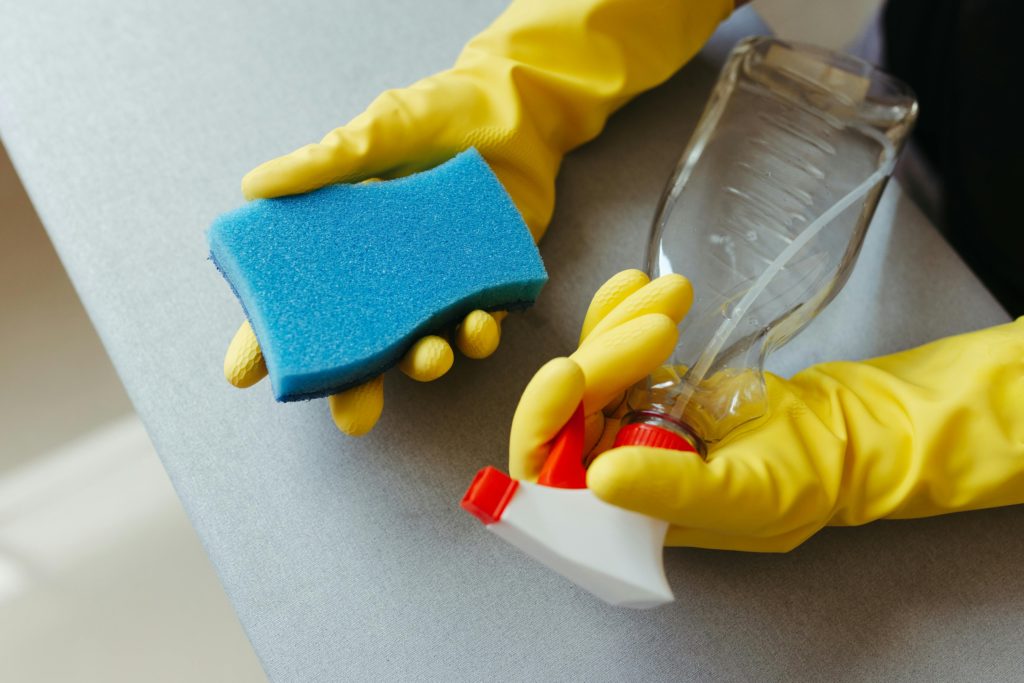
Craft supplies often accumulate from unfinished projects or hobbies that no longer interest you. Donate materials to local schools, libraries, or community centers where they’ll be appreciated. Keeping only what you actively use will make your crafting area more inviting and productive.
29. Old Bedding from Pets
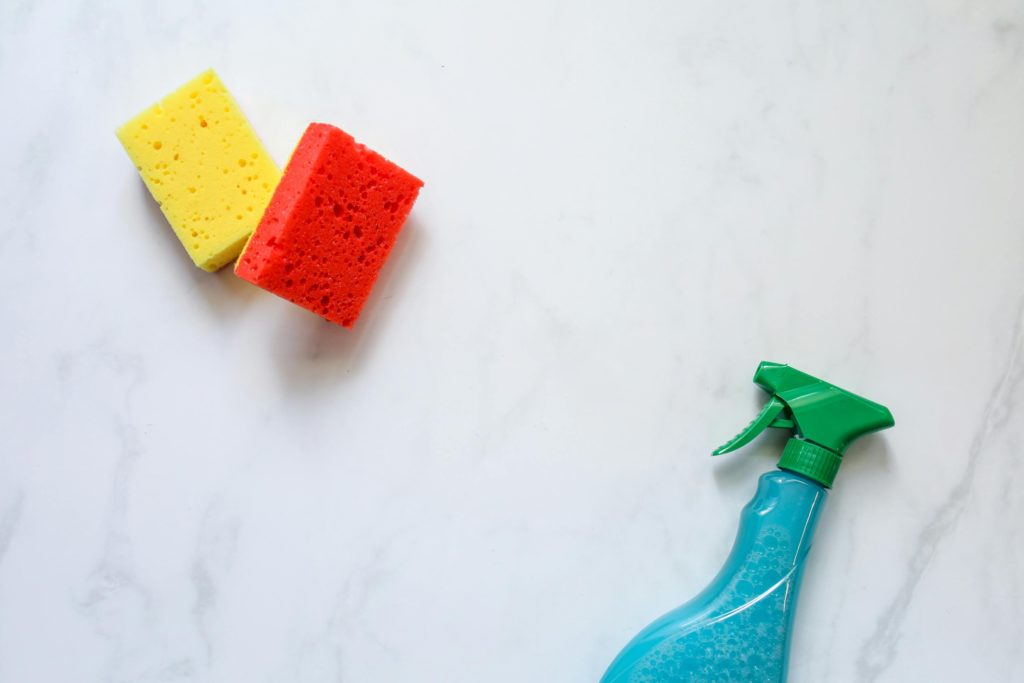
Pet bedding that’s torn, worn out, or unused is just taking up space. Replace old items with fresh ones your pet will actually use. Animal shelters often appreciate donations of gently used pet bedding, so consider giving it a second life there.
30. Decorations You No Longer Love

Decorative items can lose their charm over time, and keeping them just because you once loved them can lead to unnecessary clutter. Walk through your home and identify pieces that no longer fit your style or bring you joy. Sell, donate, or recycle these items to create a more cohesive and peaceful space.
31. Unused Picture Frames
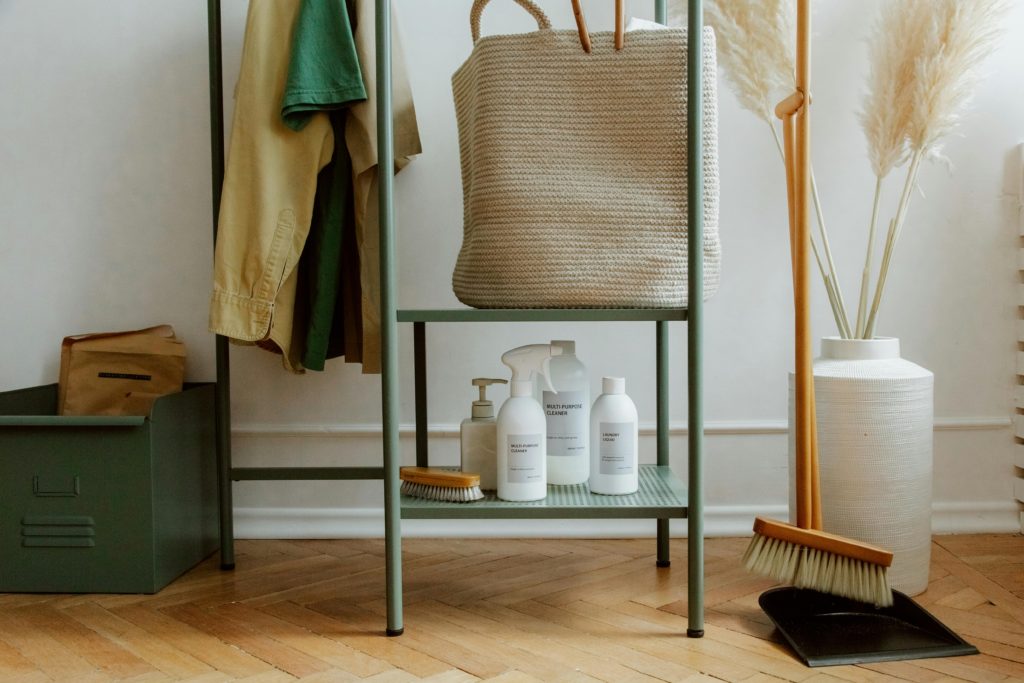
Empty picture frames can pile up quickly, especially if you’ve redecorated or downsized your photo collection. Keep only the frames that are in use or that you genuinely plan to use in the near future. Donate or sell the rest to make room for other meaningful decor.
32. Exercise Equipment You Never Use
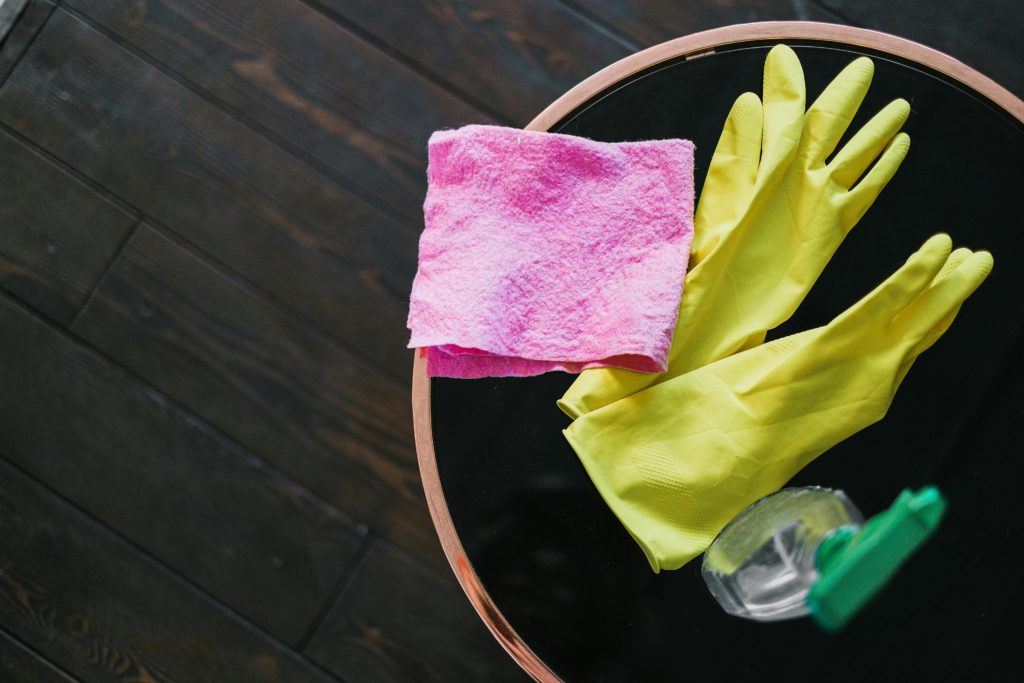
That treadmill that’s been doubling as a clothes rack for years is a prime candidate for decluttering. Exercise equipment you don’t use takes up valuable space and can make your home feel cramped. Sell or donate these items to someone who will use them, and focus on activities you enjoy instead.
33. Mismatched Food Containers
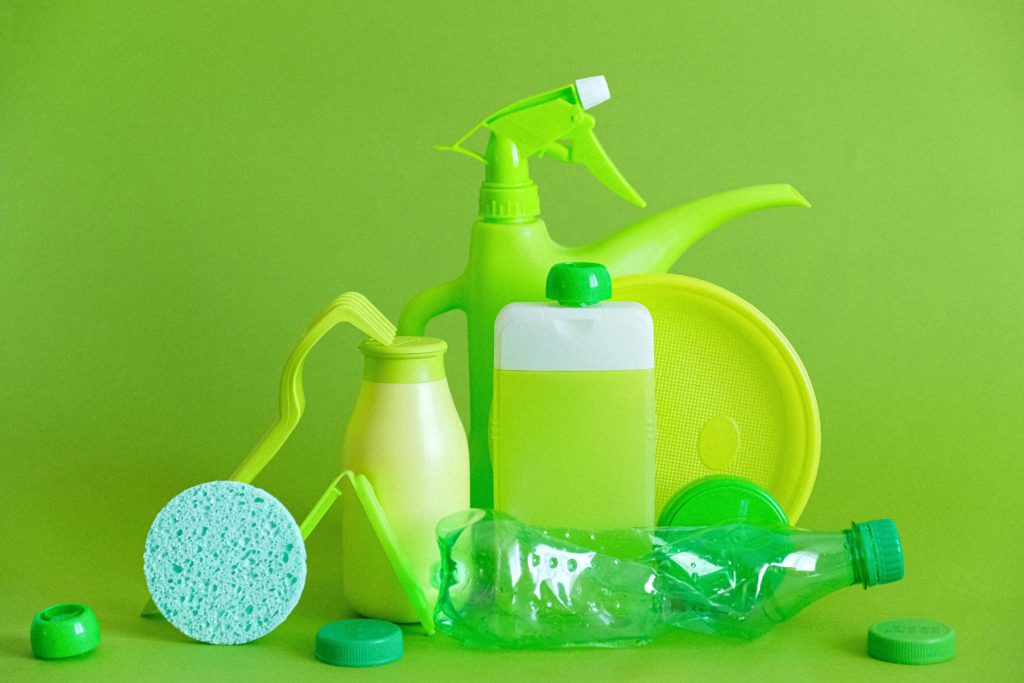
Containers without lids or lids without containers are a common source of frustration in kitchens. Go through your collection and match everything up, discarding anything incomplete. Consider investing in a high-quality set of stackable containers to keep your cabinets neat and organized.
34. Random Buttons and Sewing Supplies
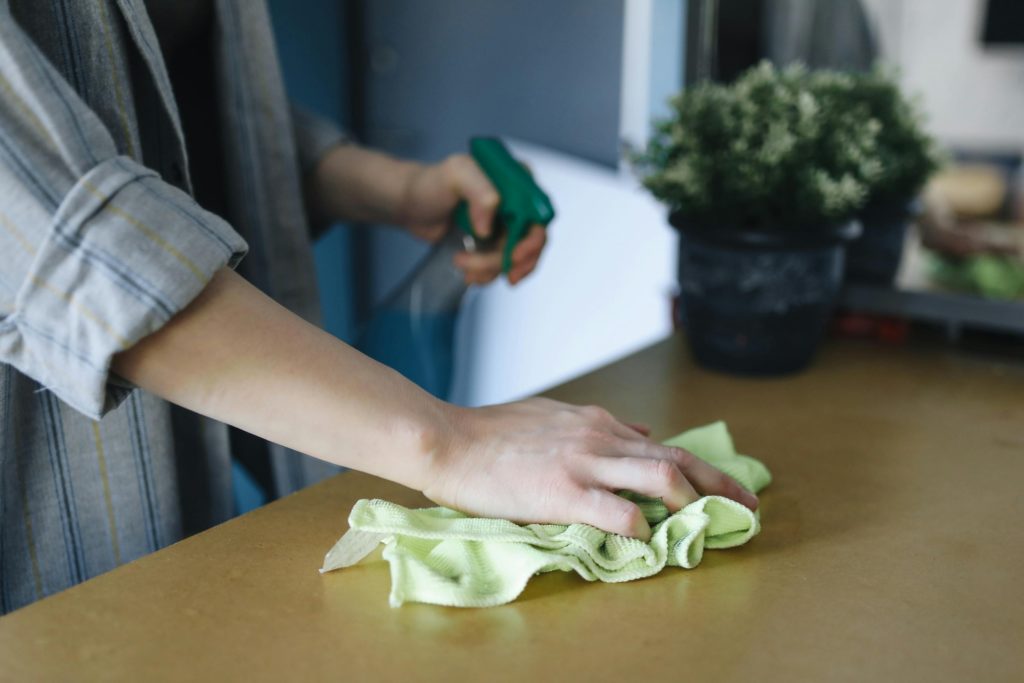
A collection of spare buttons from old clothing or sewing supplies you never use can easily turn into clutter. Keep only the essentials and donate excess supplies to schools or crafting groups. A small, organized sewing kit is much more functional than an overflowing bin.
35. Wedding Invitations
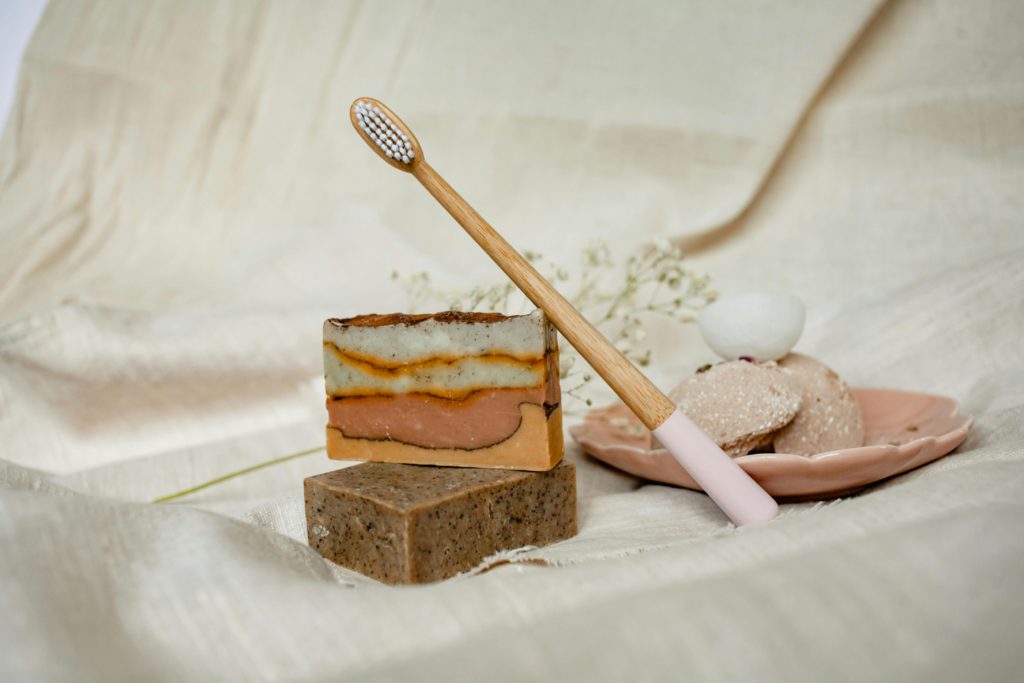
Wedding invitations from events long past may hold sentimental value, but not all need to be kept. If they don’t evoke meaningful memories, it’s okay to recycle them. Consider photographing special ones to preserve the memory without the physical clutter.
Read More: 10 Surprising Ways to Winterize Your Car
36. Outdated Phones and Accessories
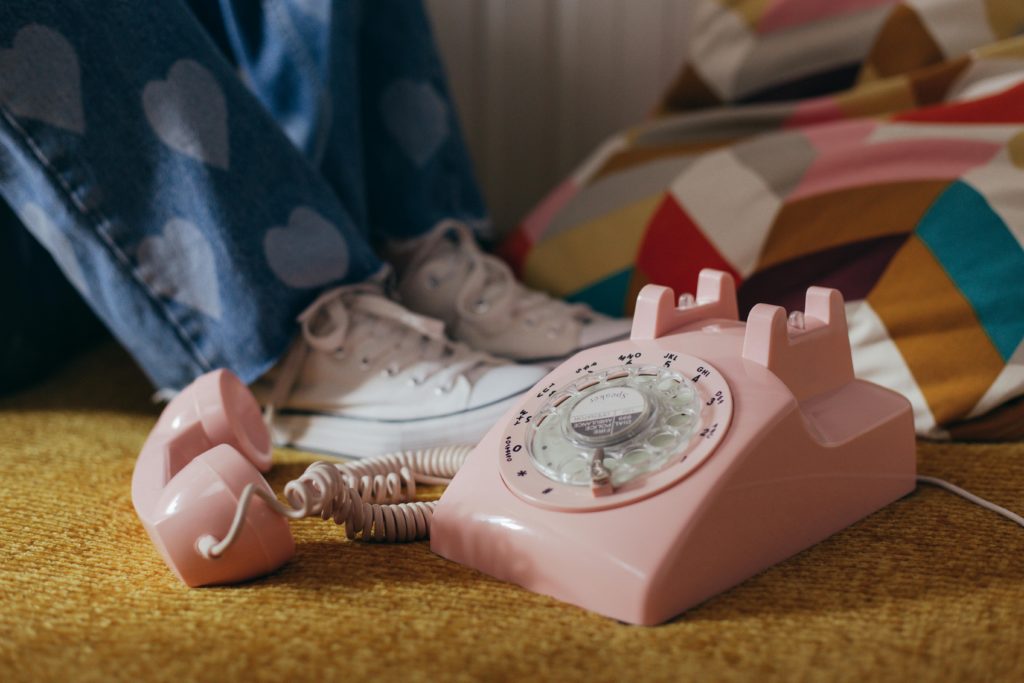
Old phones, cases, and accessories from years ago often get stashed in drawers and forgotten. These items are rarely useful and take up valuable space. Sell functioning devices, recycle unusable ones, and donate accessories that are still in good condition. Decluttering these items will also reduce electronic waste.
37. Damaged Bags and Wallets
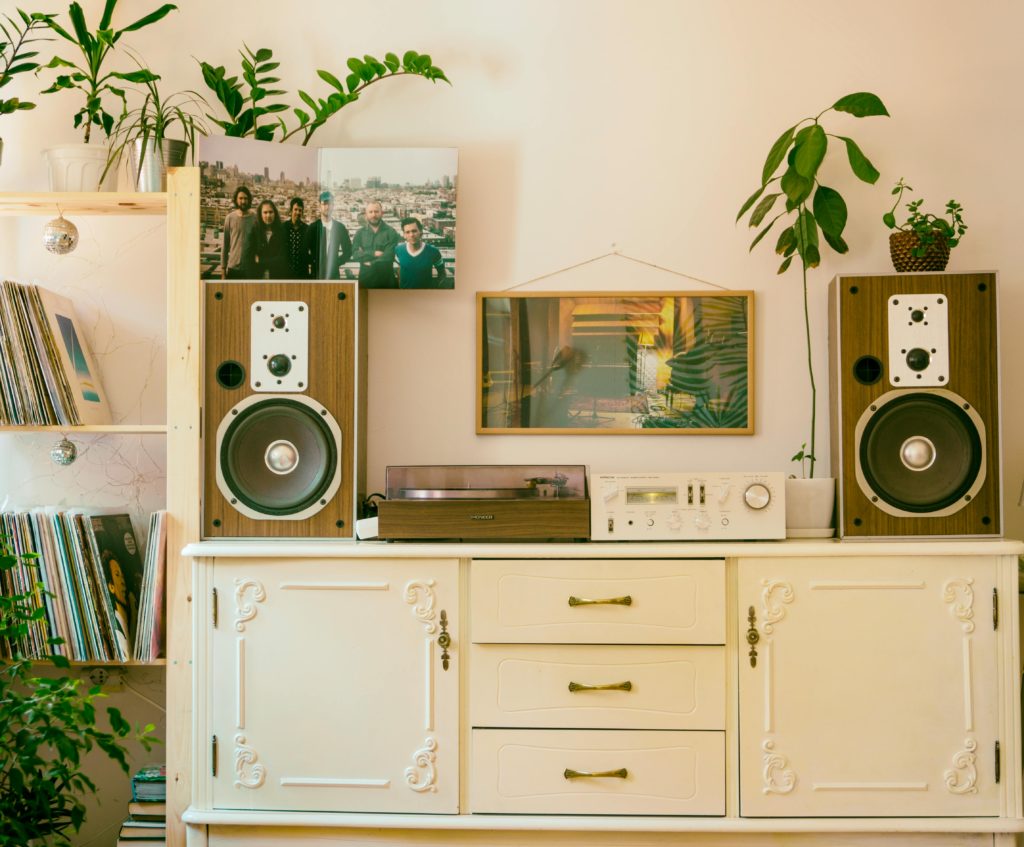
Bags or wallets that are ripped, stained, or have broken zippers aren’t worth keeping if they’re beyond repair. Evaluate your collection and keep only those that are in good condition and serve a purpose. Many organizations accept gently used bags, so donate items that someone else might appreciate.
38. Broken Furniture
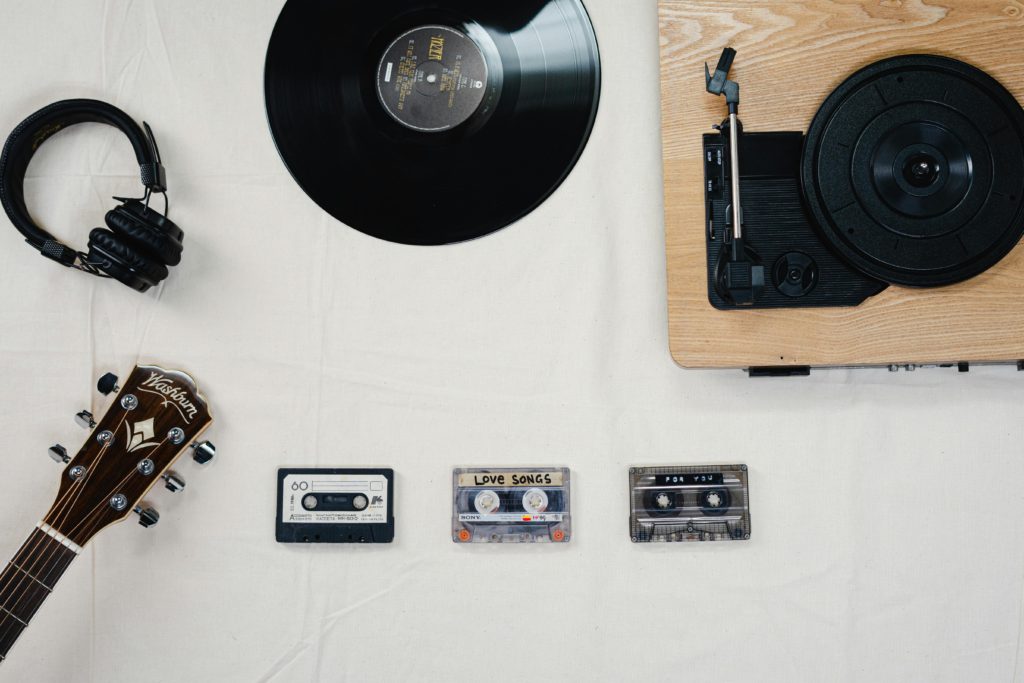
Furniture that’s broken or too worn to repair is often just a space-filler. If it’s taking up room in your home without being functional or decorative, it’s time to let it go. Donate pieces in reasonable condition or recycle unusable parts. Removing broken furniture can open up your space significantly.
39. Old Paint Cans
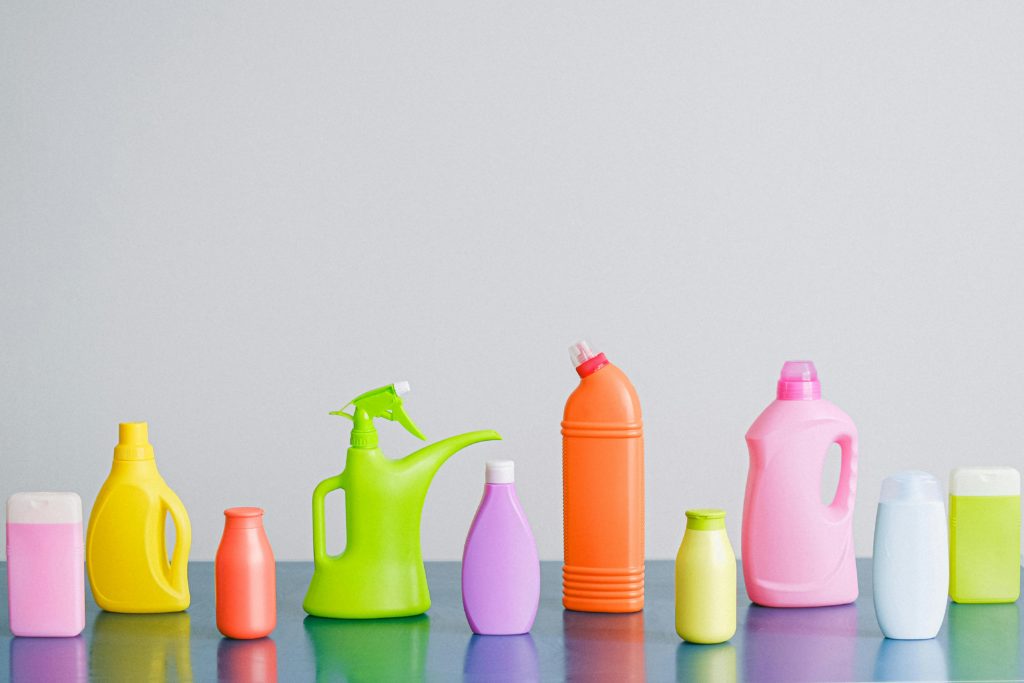
Half-empty or dried-up paint cans from past projects often pile up in garages or closets. Check local regulations for safe disposal of paint, as it shouldn’t be thrown in the trash. If you have usable paint, consider donating it to community organizations or offering it to neighbors.
40. Costume Jewelry You Don’t Wear
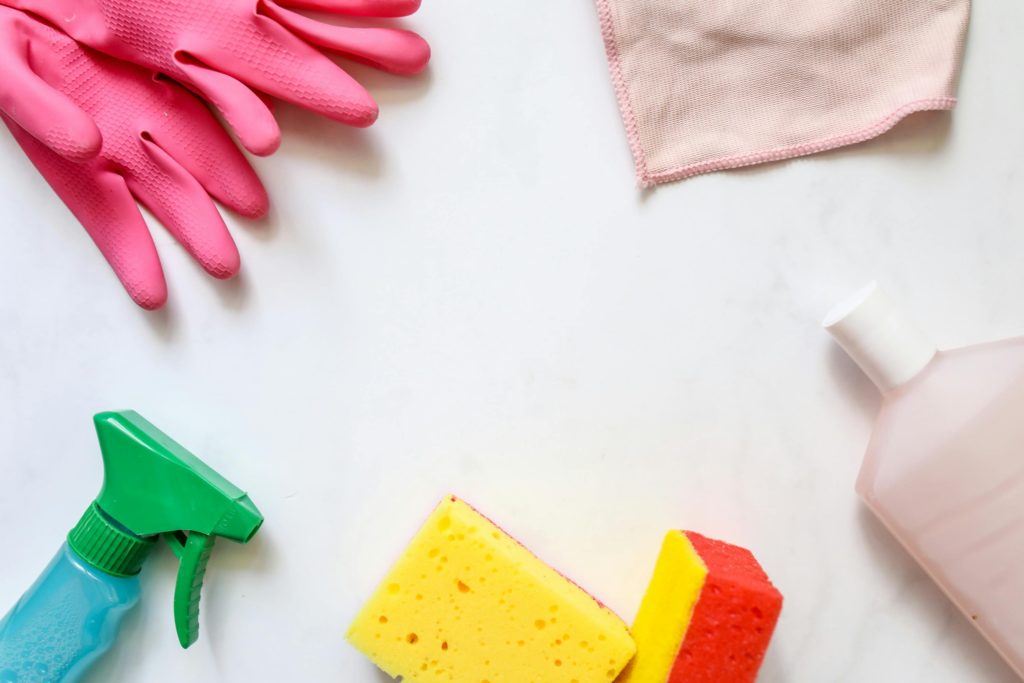
Costume jewelry can accumulate over time, especially if it’s no longer your style or has tarnished. Sort through your collection and keep only the pieces you wear regularly or truly love. Donate the rest to charity or pass it along to friends who might enjoy it.
41. Office Supplies You Don’t Use

Drawers filled with extra staplers, old planners, or mountains of paper clips can quickly become overwhelming. Take inventory and donate supplies you no longer need to schools or community centers. Keep only the basics that you use frequently to streamline your workspace.
42. Unused Vases
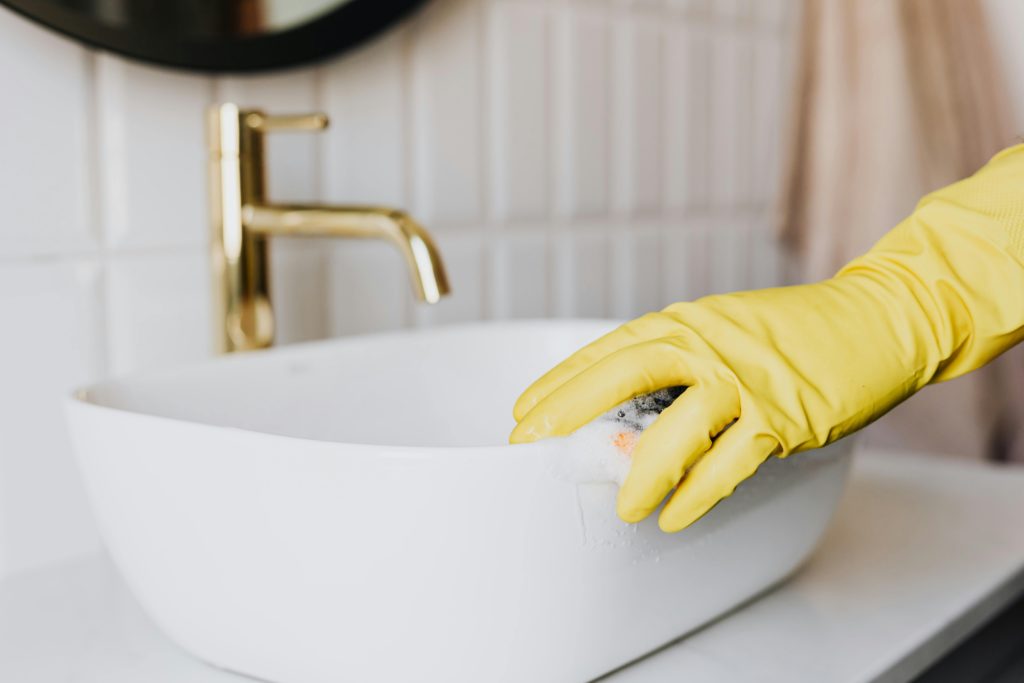
Flower vases seem to multiply in storage cabinets, often going unused for years. Evaluate your collection and keep only the ones you truly love or use frequently. Donate the extras to thrift stores or florists, and you’ll free up valuable storage space.
43. Old Perfume Bottles
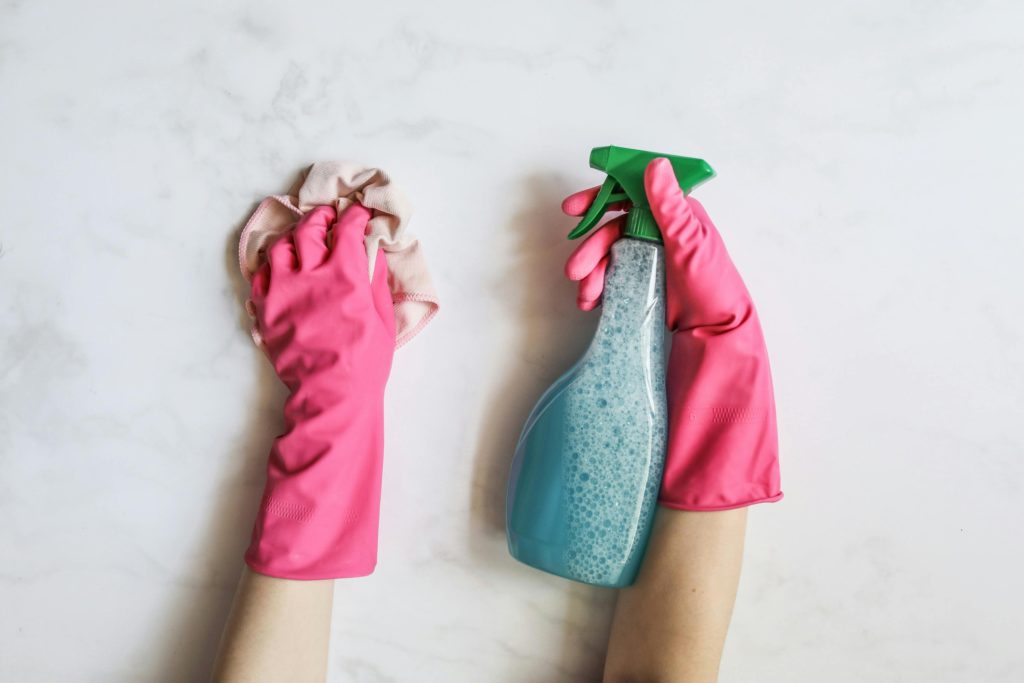
Perfume that’s past its prime can smell off and isn’t worth keeping. Check the expiration date and toss anything that’s gone bad. For bottles you no longer use but are still in good condition, consider gifting them to friends or family. A smaller collection of scents you love is much more satisfying.
44. Travel Brochures
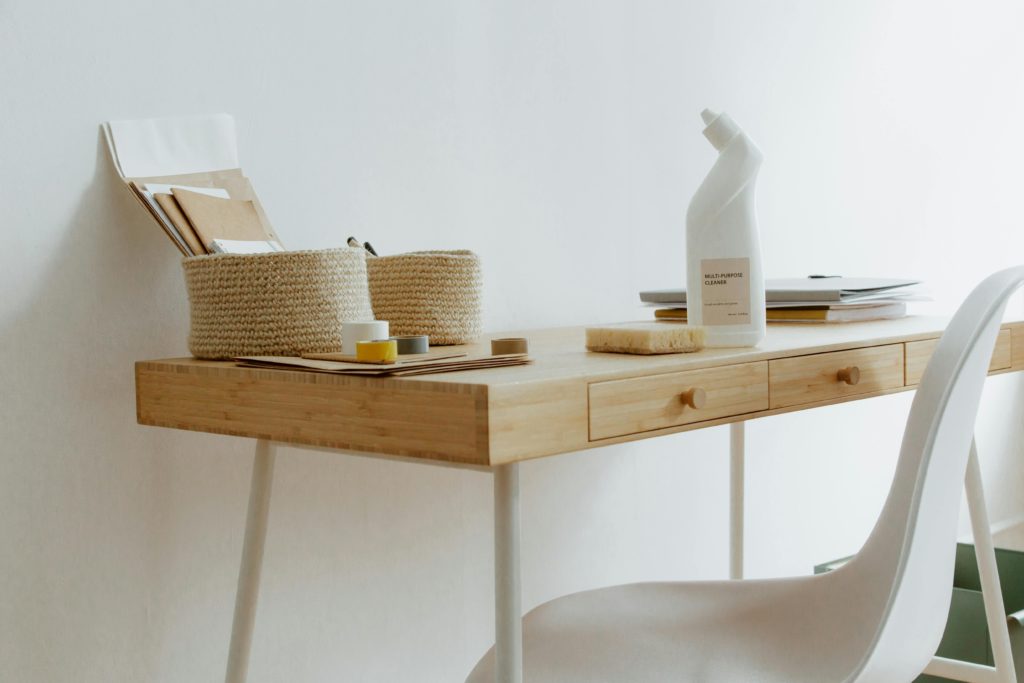
Souvenir brochures and maps from past trips often sit in drawers for years without being looked at again. Recycle them unless they hold sentimental value or unique information. If you want to keep memories alive, take photos or scan items into a digital album.
45. Expired Beauty Products
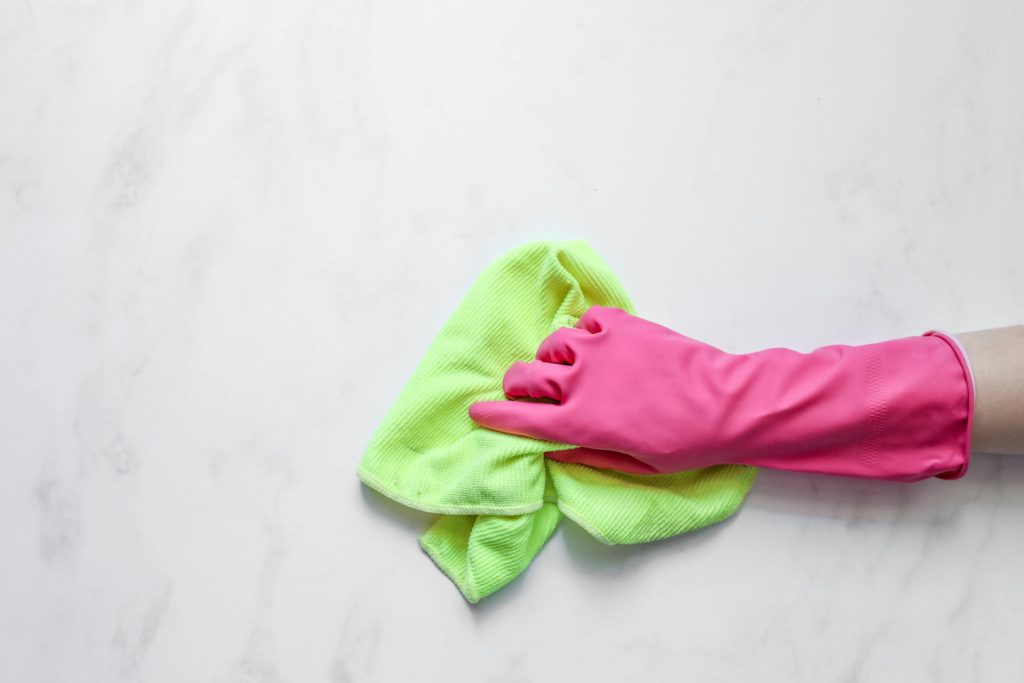
Skincare and hair products that are past their expiration dates aren’t safe to use and take up unnecessary space. Go through your bathroom cabinets and toss anything expired or no longer effective. Replace them with high-quality, multi-purpose products to simplify your routine.
46. Old CDs and DVDs

With streaming services and digital storage, CDs and DVDs have largely become obsolete. If you no longer have a way to play them, it’s time to let them go. Donate movies and music that are still in good condition to libraries or secondhand stores.
47. Frayed Charging Cables

Worn or frayed charging cables can be unsafe and unreliable. Replace damaged cables with newer, durable options. Dispose of old cables responsibly through electronics recycling programs, and organize the ones you keep to prevent future clutter.
48. Duplicate Tools
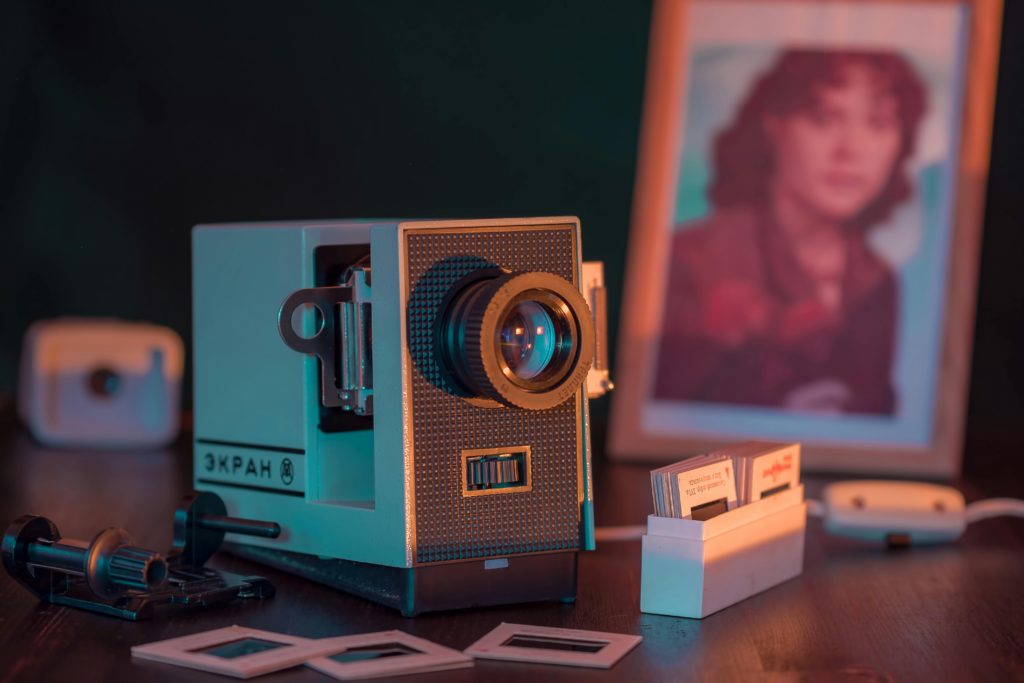
If you have multiple screwdrivers, hammers, or other tools of the same type, it’s time to pare down. Keep only the duplicates that are truly necessary, and donate or sell the rest. This will make your toolbox more functional and save space in your storage areas.
49. Incomplete Board Games or Puzzles

Board games and puzzles missing pieces are frustrating and often unusable. Check your collection and donate or recycle incomplete sets. Keeping only games that are complete and frequently played will make game night much more enjoyable.
50. Sentimental Items Without Value
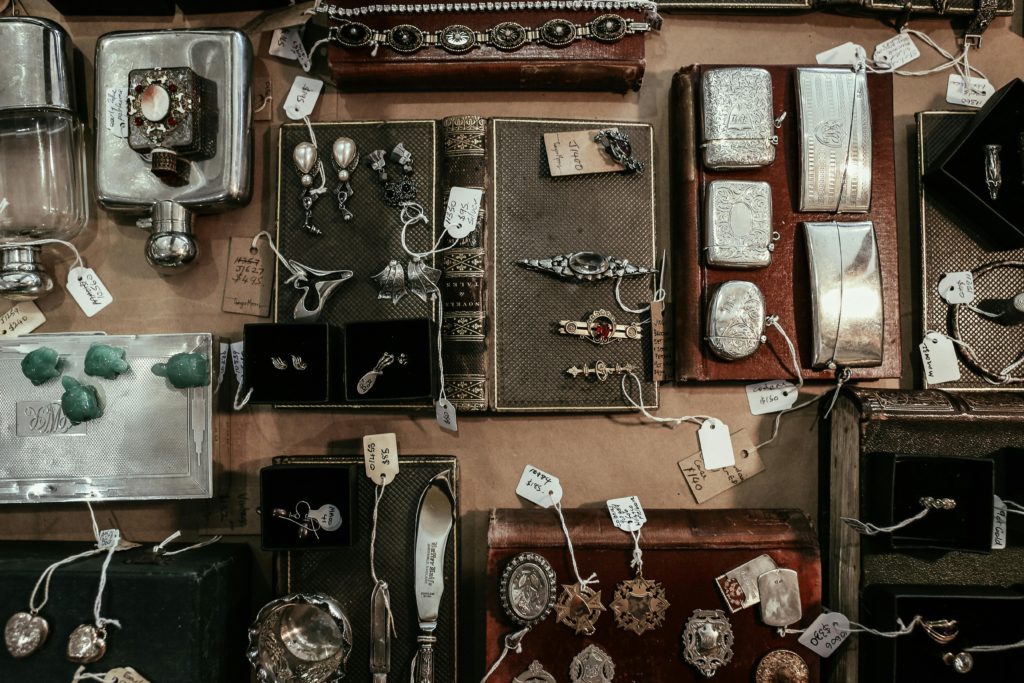
Sentimental items can be the hardest to part with, but not every keepsake needs to stay. Focus on items that truly bring joy and represent meaningful memories. For those you feel guilty letting go of, take photos to preserve the memory without the physical clutter. This final step will help you create a home that reflects the life you’re living now.
By tackling these 50 categories, you’ll make significant progress in decluttering your home. Take it one step at a time, and you’ll soon enjoy a space that feels lighter, more organized, and truly yours after you declutter.
Read More: 8 Subtle Signs That Someone Doesnt Clean Their Home
This content has, in part, been generated with the aid of an artificial intelligence language model. While we strive for accuracy and quality, please note that the information provided may not be entirely error-free or up-to-date. We recommend independently verifying the content and consulting with professionals for specific advice or information. We do not assume any responsibility or liability for the use or interpretation of this content.

